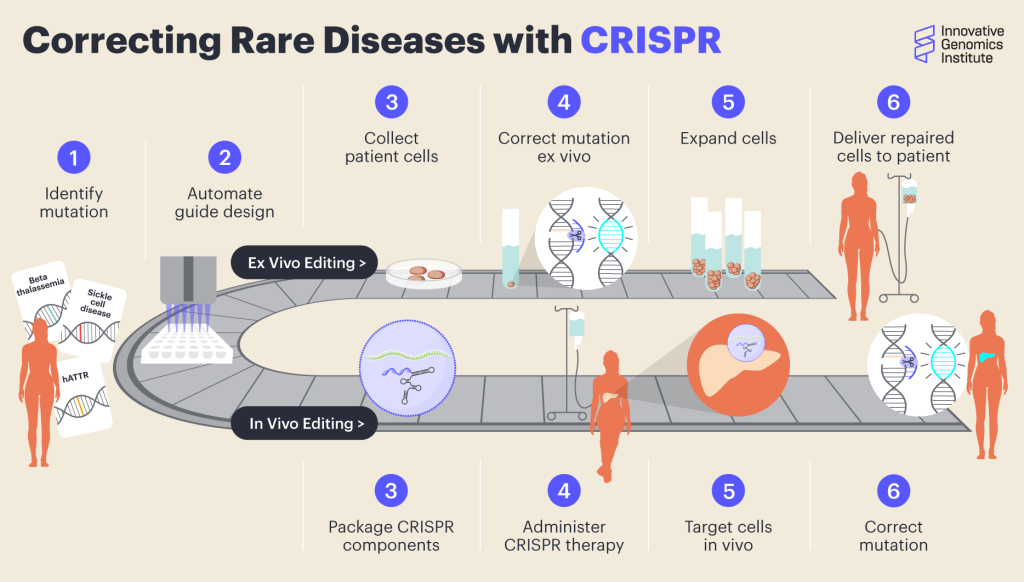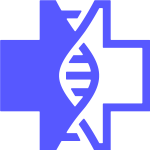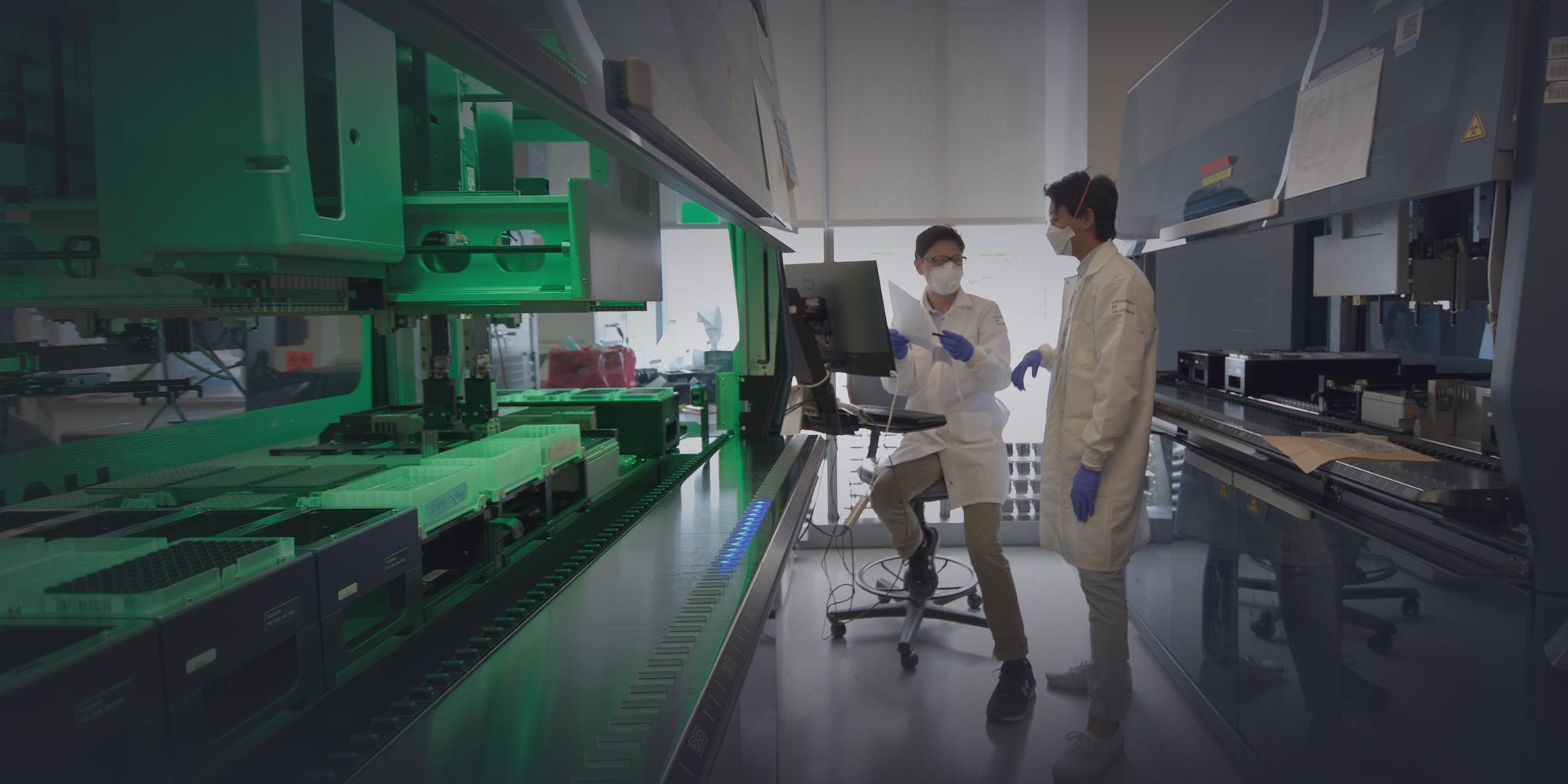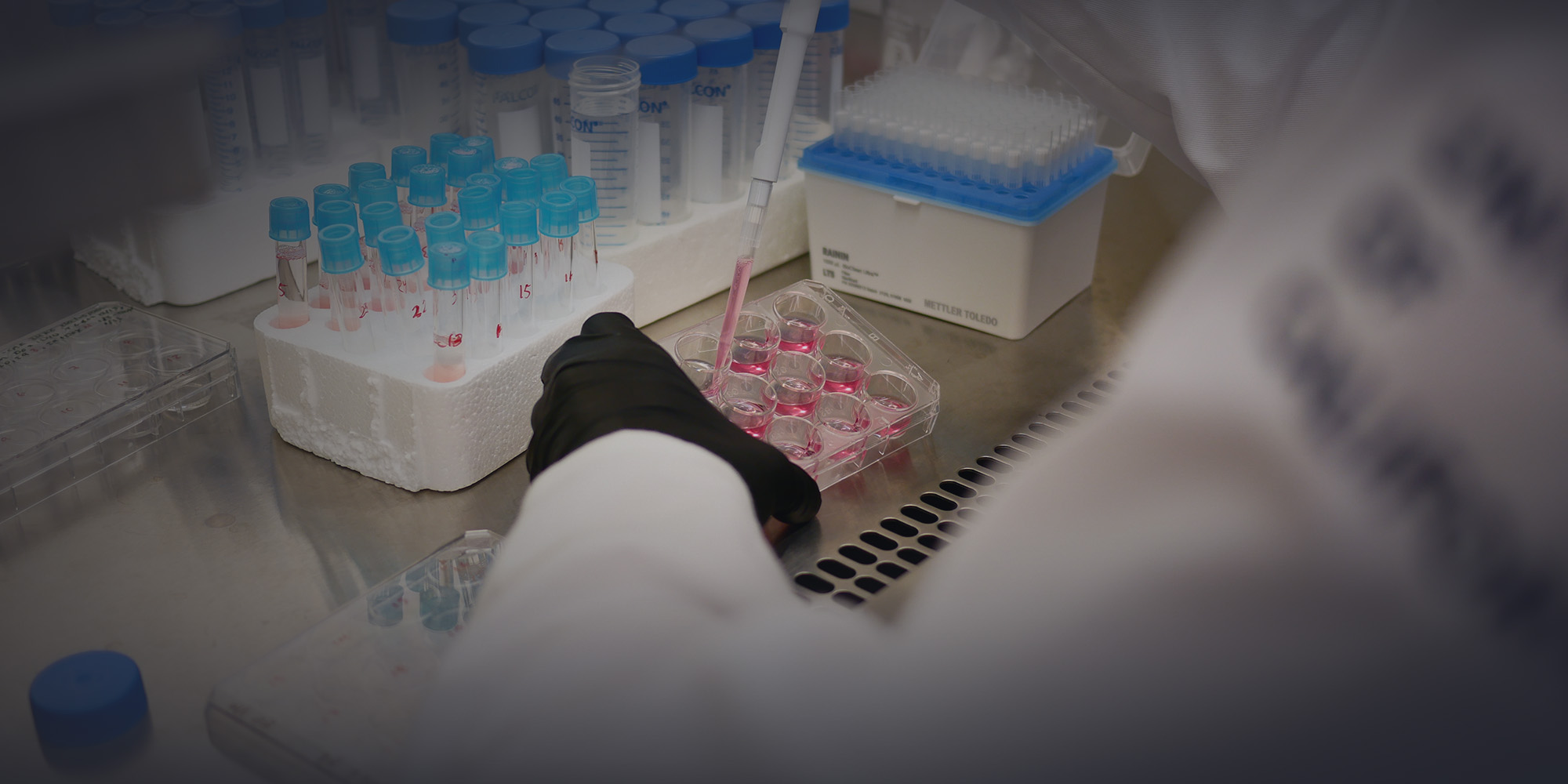Functional annotation of variants of the BRCA2 gene via locally haploid human pluripotent stem cells
Li H, Bartke R, Zhao L, Verma Y, Horacek A, Ben-Natan AR, Pangilinan GR, Krishnappa N, Nielsen R, and Hockemeyer D. Nature Biomedical Engineering
(2023)

 The Interventional Genomics Unit for Therapeutic Innovation (INGENUITI) is an initiative at the Innovative Genomics Institute to study the mechanisms underlying how genomic variants can cause disease and how gene editing tools like CRISPR-Cas9 could be used to treat those diseases. We are actively recruiting participants for this study, which you can
The Interventional Genomics Unit for Therapeutic Innovation (INGENUITI) is an initiative at the Innovative Genomics Institute to study the mechanisms underlying how genomic variants can cause disease and how gene editing tools like CRISPR-Cas9 could be used to treat those diseases. We are actively recruiting participants for this study, which you can 

